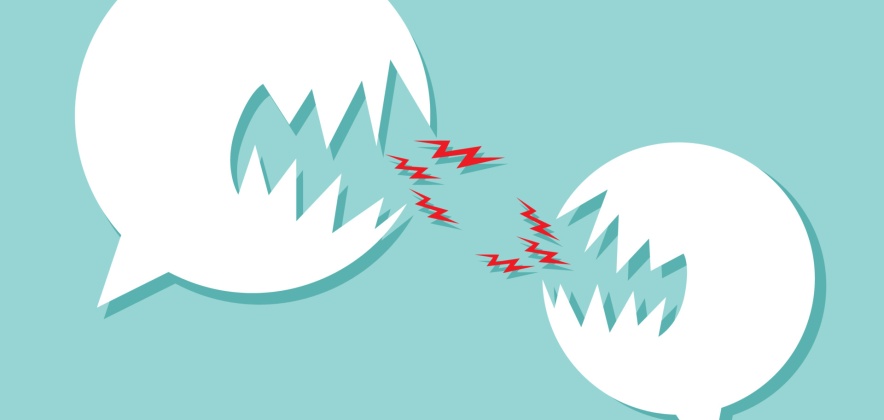
Abstract:
Hate speech can manifest itself through subtle (Faloppa, 2020), latent, and symbolic modalities that seem apparently harmless. The quietly performative and violent nature of this form of hate speech contributes to perpetuating marginalization, affecting women, LGBTQIA+ people, disabled people, racialized individuals, and so on. In this context, the intention is to adopt a pedagogical perspective from the margins (hooks, 1984), rooted in the standpoint of those who suffer the violent effects of this form of language and who claim spaces of self-determination, including through the choice of words by which they are identified and named. If language is one of the transversal components of education (Riva, 2004) and contributes to the signification of reality, then it is important to educate people and educate ourselves to use a broad language (Gheno, 2022) that respects the identity claims of all bodies and subjectivities.
 Classified "A" by ANVUR in the fields 11/D1, 11/D2 Scientific in the field 14.
Classified "A" by ANVUR in the fields 11/D1, 11/D2 Scientific in the field 14.

